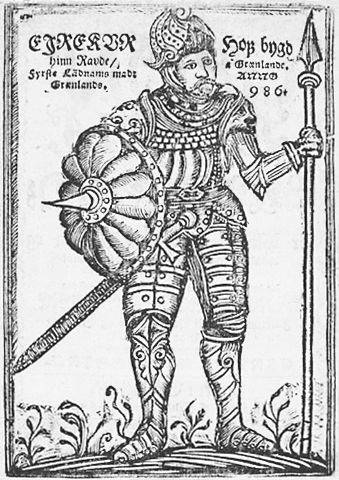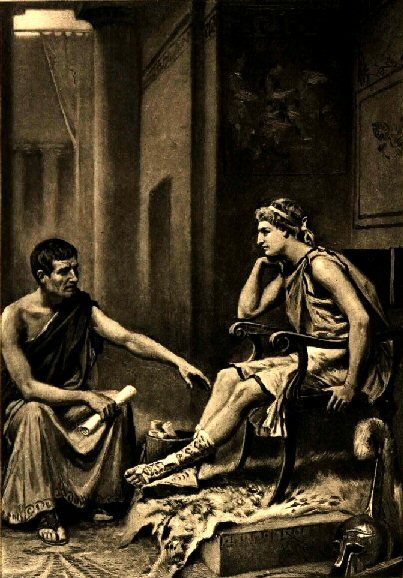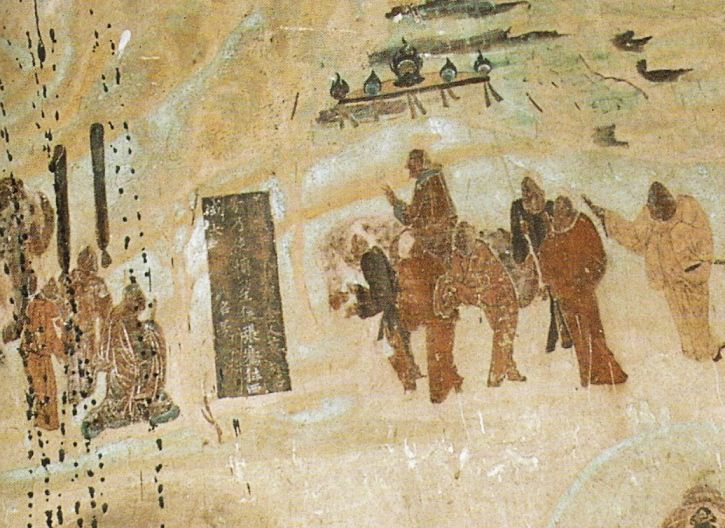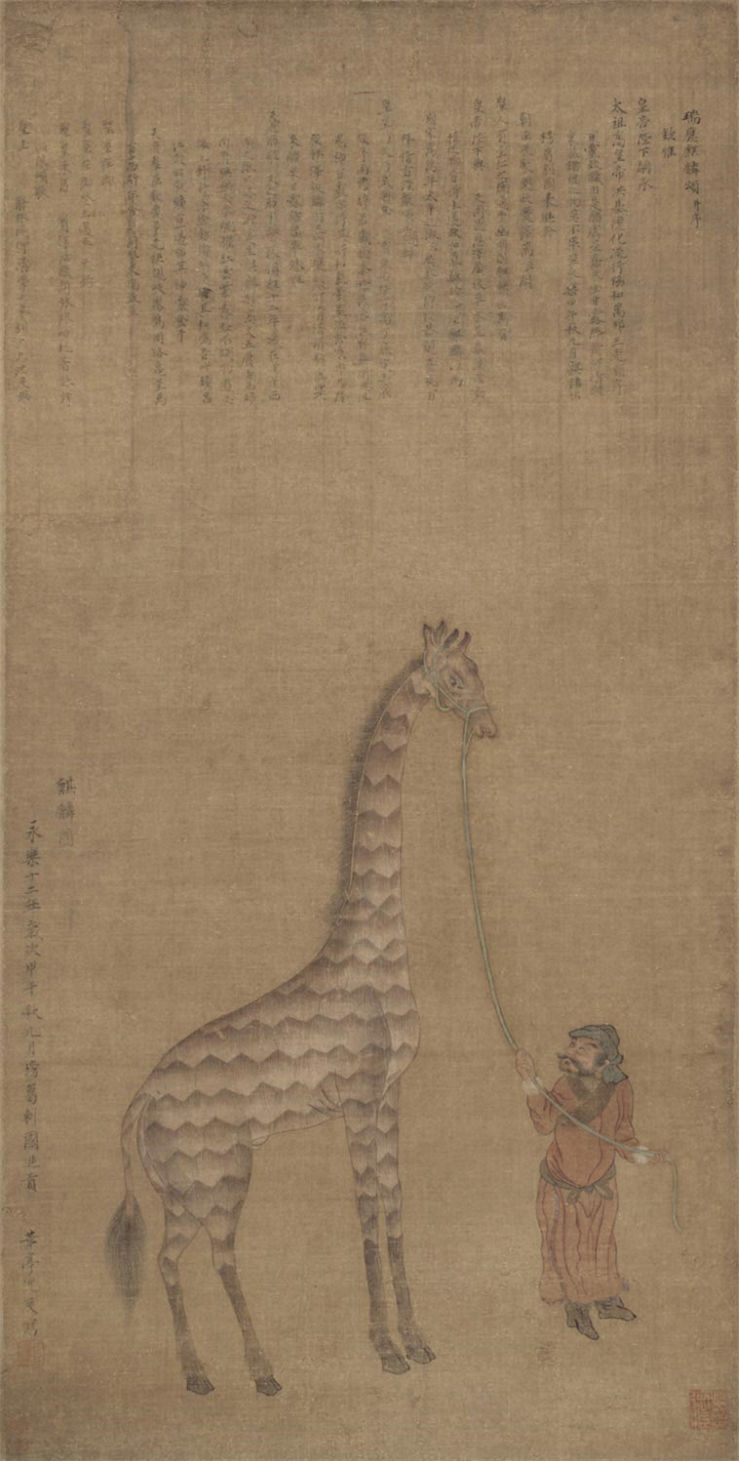Ancient Explorers - Ancient Explorations
More than two thousand years before famous explorers from Portugal and Spain set their sights on the discovery of naval trade routes to India, large of amount of exploration was conducted in the ancient civilizations of Egypt and Greece. Discoveries made in that period proved to be instrumental in the future missions of many European explorers who managed to circumvent the world in the 16th century.
One of the earliest exploratory missions ever recorded happened during the reign of the XII dynasty in Egypt (1999 - 1786 BC). Writings from that period suggest that ships from Greek city-state Minoa regularly traded with Egypt, and there is even some proof that they managed to reach India (judging by the remains of several temples dedicated to Zeus on the islands in Indian Ocean)!
Although the famous tale of Jason and theArgonauts (1400 BC) is just a myth, hero of Homer's epic poem "Odyssey" was based on reality. Odysseus (around 1200 BC) is today best remembered for this 10-year return trip home after his involvement in famous Trojan War. In 510BC, Greek navigator Skylax managed to survive an enormously important journey. Under the order of the Persian king Dario, he circumvented the Arabic Peninsula, from the delta of Indus River all up to Mediterranean (via channels of Nile and Suez Canal). First great journey outside of Mediterranean Sea happened around 330 BC. During that period, famous Greek explorer Pytheas ventured beyond the Gates of Hercules (today named Gibraltar) and explored the sea of northern Europe. He reached the shores of England and Scandinavia, and was the first one to report the existence of midnight sun, polar ice, auroras and possibility that Moon directs the movement of the tides.
During 3rd century BC, conquest of Alexander the Great brought great information of unknown lands. His war effort reached the distant lands of Mesopotamia and Middle East, where he established one of the first commercial trade routes between India and the West.
More than thousand years later, another great period exploration happened in northern Europe. Discoveries made by brave Viking sailors greatly expanded our knowledge of the sea. Discovery of Iceland in 860 A.D created important stepping point for the explorers that have set their aim to the east. In 982 A.D, famous Viking explorer Eric the Red managed to find Greenland. After the successful settlement of that island, his son Leif Ericson managed to find even more important discovery. During one of his journeys to the east, he successfully landed on the shore of Northern America, becoming the first European to do so (almost 500 years before Christopher Columbus).
In Asia, one of the most important exploratory missions happened during the 15th century. Under the order of Chinese Emperor, over seven great trade expeditions traveled between the shores of Thailand to Africa, creating immense amounts of trade links between the local tribes and civilizations. The largest of those expeditions, commanded by the famous navigator and diplomat Zheng He had seven main ships, countless support vessels and over 27 thousand sailors.



